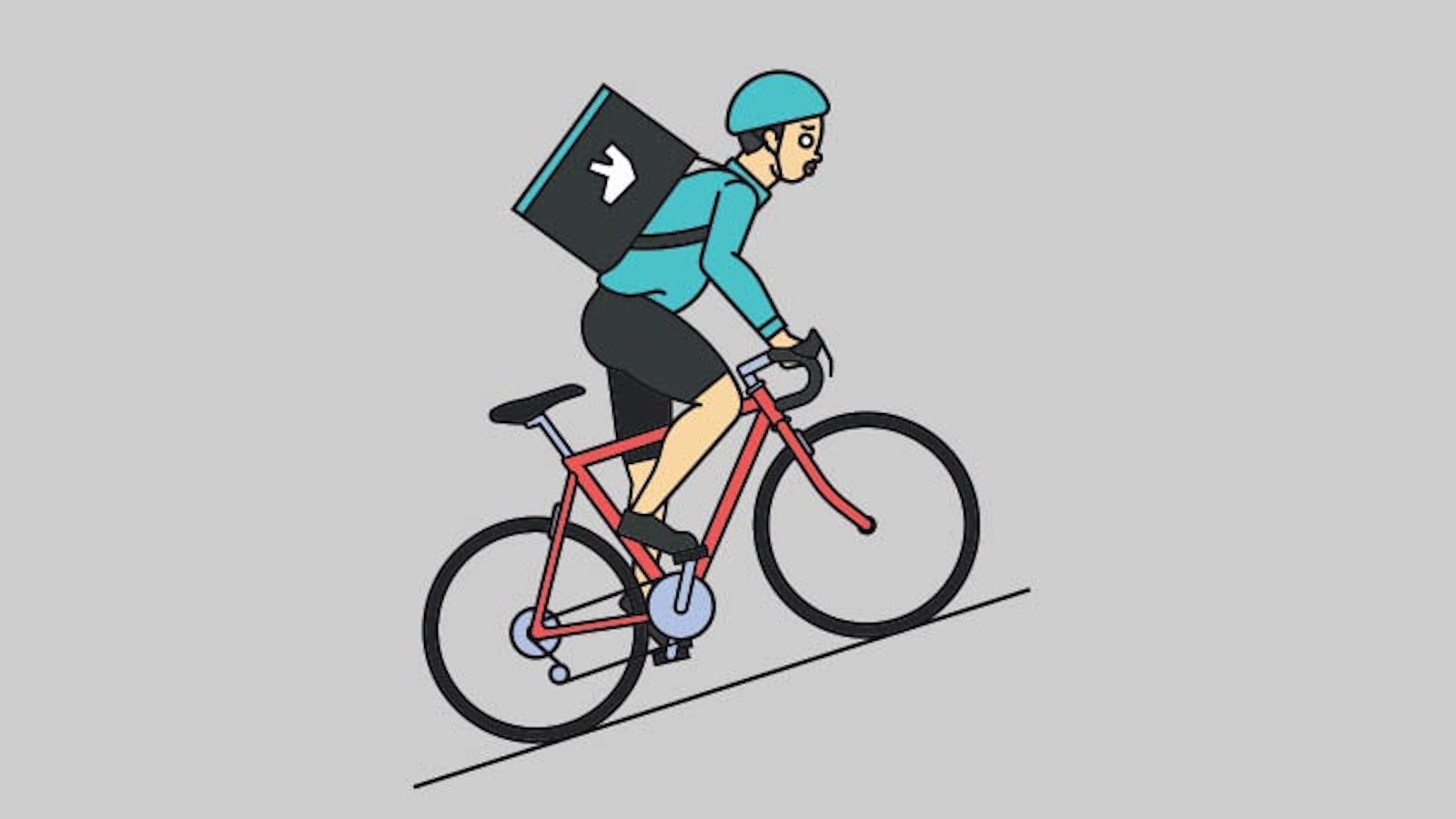
A Broke Millennials Defense of the Gig Economy
I was making minimum wage for hours you’d laugh at, or stare back at me with a face stricken with horror at my local Gamestop during the holiday season. I had just ended a bumpy and short-lived career, and just needed something easy to do so I could stay employed and afford gifts for my family and loved ones for Christmas. While at the cash register, or when I was begging children not to climb the racks, I found myself wondering what my worth was, doubting whether I had any marketable talents left in me. Little did I know, I did and the only way to figure that out was to go back to freelancing across the many platforms where entrepreneurs and businesses were looking for folks to accomplish quick and easy work for a steal. Thanks to the gig economy I’m more in control of my own decisions, and while I’m not making what many would consider great money, I’m building a network and portfolio of work that was far beyond the potential I’d have if I stuck around at Gamestop.
The gig economy isn’t perfect, but it represents two things; the greatest opportunity for the most number of people to make very easy money in a hurry, and the opportunity to build up the confidence of individuals who question whether they could be their own bosses. The gig economy was meant to provide people a cushion in times of stress, as well as an additional source of earned income. Somewhere along the line though, this message got distorted and now the gig economy is on trial in the court of public opinion.
Recently, a large number of Lyft and Uber drivers went on strike, demanding collective bargaining rights and other benefits that would be associated with part-time or full-time work.
However there is a problem with this: they are private contractors and not employees. In fact, that was the point of the ride-sharing services in the first place. Let’s say you’re a stay at home mom or dad, one spouse is working full-time and you could use the extra income for your family, or let’s say you’re a college kid taking 18 credits in need of beer money; these app-based companies allow contractors to work on their own schedule and on their own terms. The driver is the ultimate boss. What went wrong is that you now have people that essentially drive for Uber or Lyft full-time. There is nothing wrong with treating it as your full-time job, but it doesn’t change the relationship between you and the company because you changed the terms of how you use their service to make money.
Now, because of progressive labor unions and politicians wanting to clamp down on these and other freelance services, the entire system is at risk because some people failed to understand how their relationship was defined. I am currently working on multiple freelance platforms full-time under no illusion of security, but have determined that I will only do so until I find a full-time career I want to pursue. Freelancing means I don’t have to depend on GameStop for a job that would pay me little, or fear what would happen if the jobs we always thought would be in-demand, such as fast food, were to be automated away in my area as they are in others.
The gig economy is just that: a functioning market based off gigs—unreliable, fast, easy, nothing really to it gigs. Yes, it is sometimes frustrating, but the benefits drastically outweigh the drawbacks. Thanks to the gig economy, this broke millennial can pay his bills as well as enjoy the pride of honest work on top of being my own boss while the rest of life sorts itself out.
Whether you’re driving cars or making graphic designs, the gig economy takes your talents and time and generates money on your behalf. This is the biggest revolution in labor the economy has seen for people in need of work on their terms, so let’s not screw this one up.
Free the People publishes opinion-based articles from contributing writers. The opinions and ideas expressed do not always reflect the opinions and ideas that Free the People endorses. We believe in free speech, and in providing a platform for open dialogue. Feel free to leave a comment.



